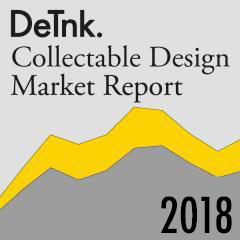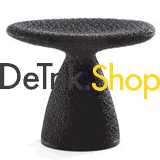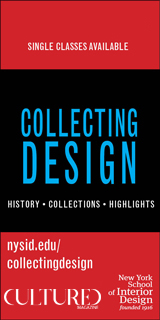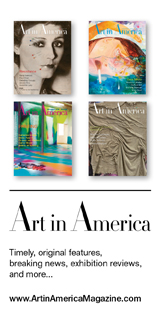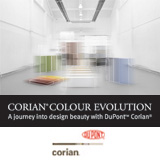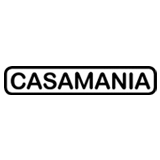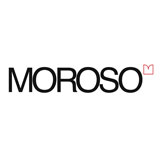Re: Materials
Joel Tobman
Like our prehistoric ancestors, we are surrounded by a wealth of material for making objects. But rather than arising from nature, this modern material abundance is largely the result of our own making. We tend to view raw materials as consistent, homogeneous substances feeding industrial production and perceive manufactured objects as having a single functionality. More often than not, we fail to consider the alternative possibilities that these objects might provide.
Similarly, designers typically invent a form to fulfill a particular, predetermined function. They then select materials based largely on the requirements of their design, determining the necessary physical properties and specifying materials appropriate for producing that form using a particular production process. As a result, materials are primarily considered within the context of creating end-states for pre-determined applications.
Re:Materials - Manufactured Goods as Raw Materials in the Creation of New Products – is a study that investigates questions of materiality and process through a combination of critical theory and design methodologies.
The project investigates the potential for existing manufactured goods to be regarded as departure points in creating new functional objects. The approach represents an expansion of the material palette available to designers. It confers a broader, more fluid identity to both materials and manufactured goods, but also forces designers to confront new issues as a consequence of including extant form and previous application within the consideration of a material’s properties.
Rather than destroying the form of an existing object to reclaim only its substance - as occurs in typical recycling processes - the re:materialized object endures, though in a new functional context. By maintaining the form of the original object, the identity of the material becomes defined not by its raw matter, but instead is identified through the recognition of its previous function. Thus, the design process shifts: the designer must seek an appropriate function to apply to material endowed with a pre- existing form.
This process of taking existing objects and repositioning them within a different functional context is similar to other post-modern creative practices in art and music. It brings about a broader dialogue between material, form, and function that transcends the purely instrumental understanding of products. Such a process revisits our creative origins before manufacture, allowing us to remain connected to the past by displaying the continuity of an object’s existence, pushing us to consider the value of the present as we look towards the future.
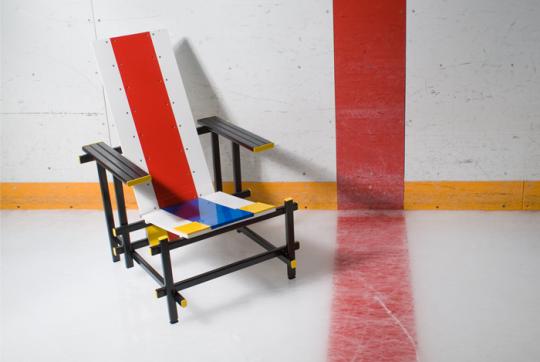
Red Line Blue Line Chair by Joel Tobman
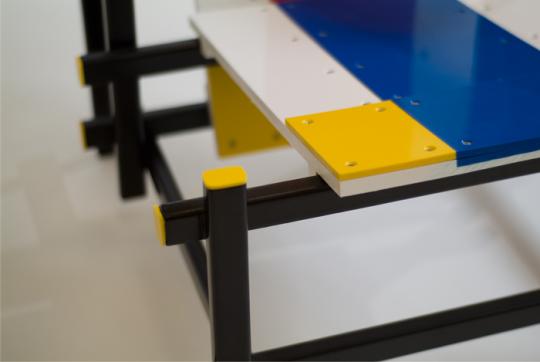
Red Line Blue Line Chair by Joel Tobman
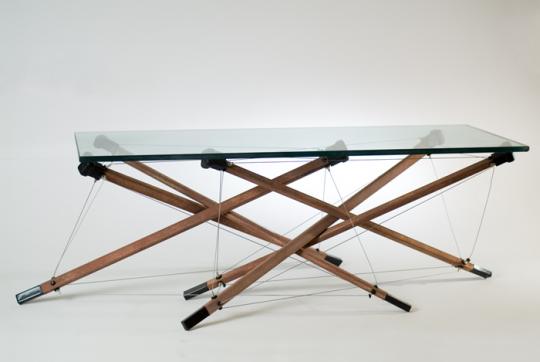
Shinny Table by Joel Tobman
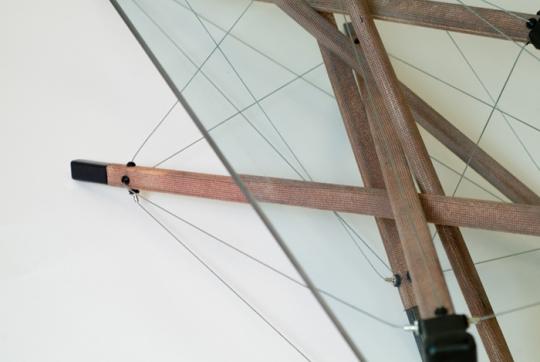
Shinny Table by Joel Tobman










